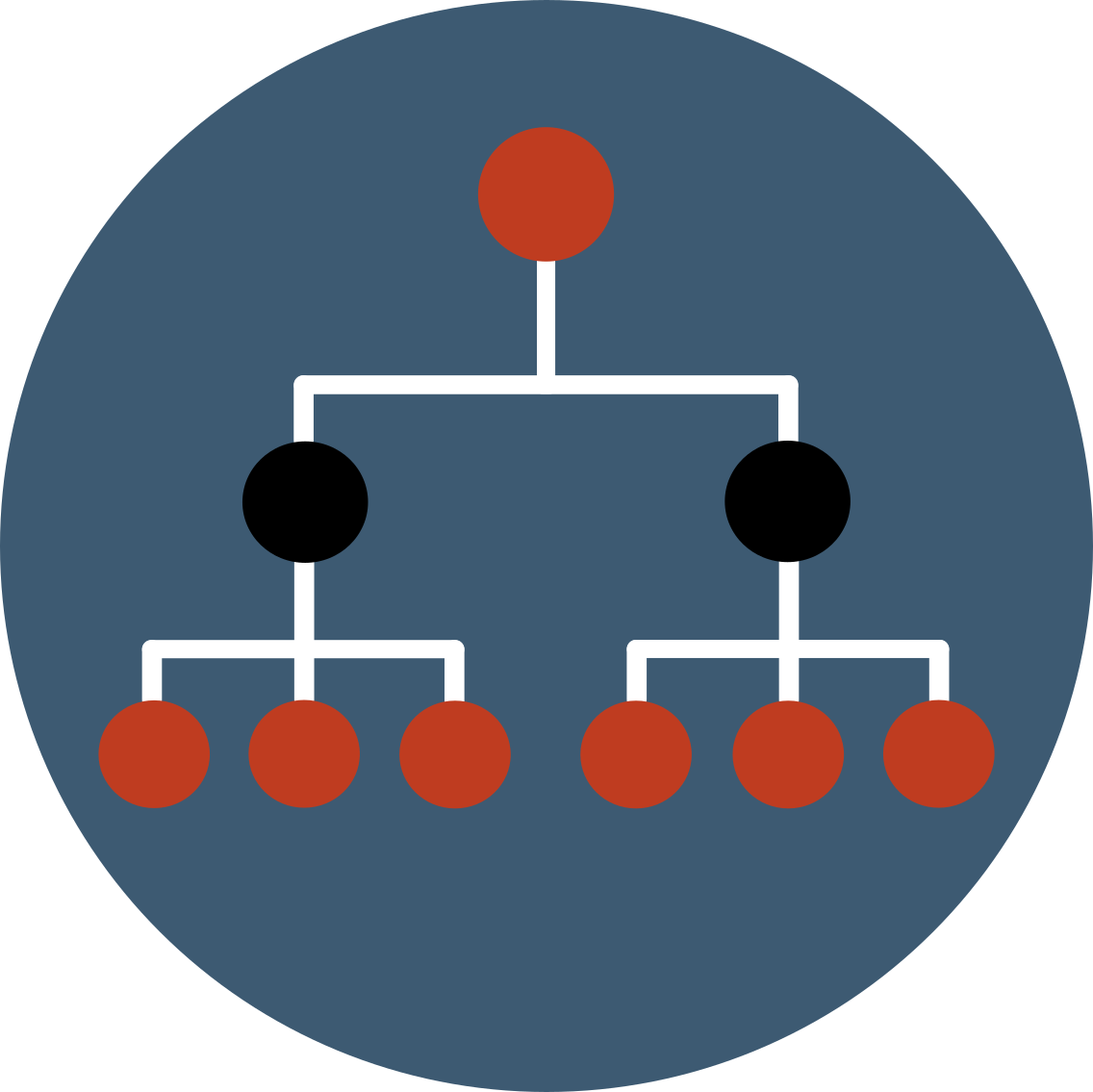ObjectPropertyIndexClient Class
The ObjectPropertyIndexClient class provides a ROS service abstraction for object properties exploration. More...
| Header: | #include "ontologenius/clientsIndex/ontologyClients/ObjectPropertyIndexClient.h" |
| Inherits: | OntologyIndexClient |
| Namespace: | onto |
Public Functions
| ObjectPropertyIndexClient(const std::string& name) | |
| std::vector<int64_t> | getDown(int64_t index, int depth = -1) |
| std::vector<int64_t> | getDisjoint(int64_t; index) |
| std::vector<int64_t> | getDomain(int64_t index, int depth = -1) |
| std::vector<int64_t> | getRange(int64_t index, int depth = -1) |
| std::vector<int64_t> | getInverse(int64_t index) |
Reimplemented Public Functions
- 10 public functions inherited from OntologyIndexClient
- 2 public functions inherited from ClientBaseIndex
Detailed Description
The ObjectPropertyIndexClient class provides an abstraction of ontologenius object properties ROS service.
The ontologenius object properties service allows the exploration of object properties contained by ontologenius core.
This class is based on ClientBaseIndex and so ensure a persistent connection with ontologenius/object_property service. The persistent connection ensures a minimal response time. A reconnection logic is implemented in the event that the persistent connection fails.
At the difference of the usual ObjectPropertyClient class, this one provides access to the interface based on indexes (integers) for better performances.
See also ObjectPropertyClient.
See also ClassIndexClient, IndividualIndexClient and DataPropertyIndexClient.
Public Function Documentation
ObjectPropertyIndexClient::ObjectPropertyIndexClient(const std::string& name)
Constructs am object property client.
Can be used in a multi-ontology mode by specifying the name of the ontology name. For classic use, name should be defined as "".
std::vector<int64_t> ObjectPropertyIndexClient::getDown(int64_t index, int depth = -1)
Gives all properties below the one given in the parameter: index.
The optional depth parameter can be set to limit tree propagation to a specific value. The default value -1 represents no propagation limitation.
std::vector<int64_t> ObjectPropertyIndexClient::getDisjoint(int64_t index)
Gives all the disjoint properties of the property index.
std::vector<int64_t> ObjectPropertyIndexClient::getDomain(int64_t index, int depth = -1)
Gives all the domain classes of the property index.
The optional depth parameter can be set to limit tree propagation to a specific value. The default value -1 represents no propagation limitation while the value 0 corresponds to the direct domains.
std::vector<int64_t> ObjectPropertyIndexClient::getRange(int64_t index, int depth = -1)
Gives all the ranges classes of the property index.
The optional depth parameter can be set to limit tree propagation to a specific value. The default value -1 represents no propagation limitation while the value 0 corresponds to the direct ranges.
std::vector<int64_t> ObjectPropertyIndexClient::getInverse(int64_t index)
Gives all the inverses properties of the property index.
